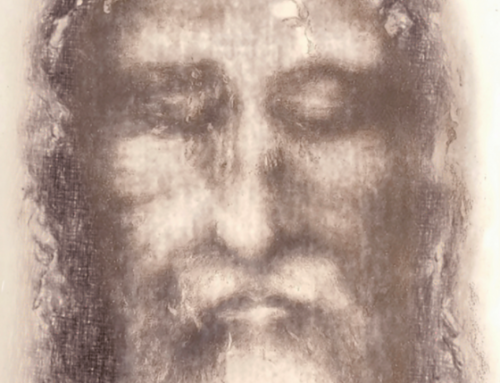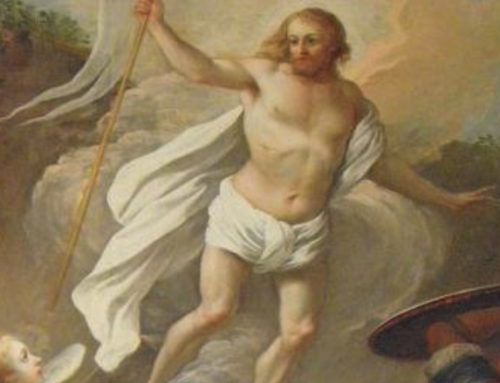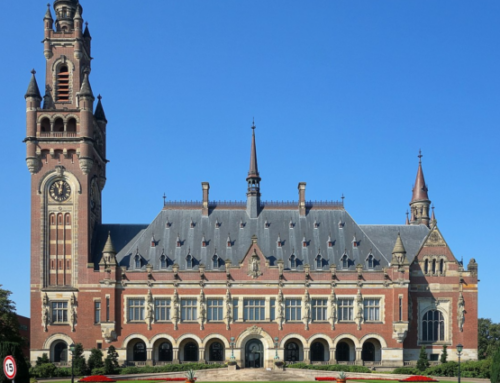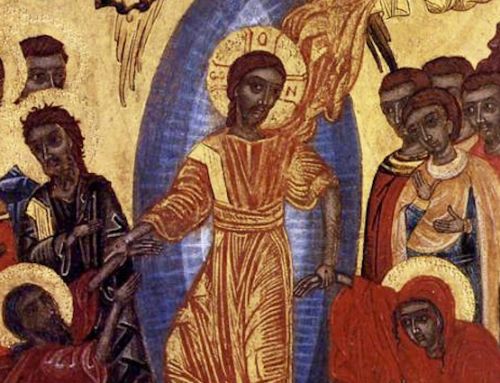Justice is that which breaks us out of the cycle of vengeance. It achieves a higher vision that considers motives (and not just actions), causes (and not just effects), purposes (and not just naked facts). The triumph of justice does not signify the total defeat of vengeance, but its transformation into something beneficent.
 Author’s Introduction: Imagine if Homer, Virgil, Dante, Chaucer, and the other great poets of ancient Greece, Rome, and the Middle Ages had been given the gift, not only to peer into the twenty-first century, but to correspond with us who live in that most confusing and rudderless of centuries. Had it been in their power to do both of those things, what might they say to us? How would they advise us to live our lives? What wisdom from their experience and from their timeless poems might they choose to pass down to us?
Author’s Introduction: Imagine if Homer, Virgil, Dante, Chaucer, and the other great poets of ancient Greece, Rome, and the Middle Ages had been given the gift, not only to peer into the twenty-first century, but to correspond with us who live in that most confusing and rudderless of centuries. Had it been in their power to do both of those things, what might they say to us? How would they advise us to live our lives? What wisdom from their experience and from their timeless poems might they choose to pass down to us?
Aeschylus: On Justice
I am glad to see that you live in a world of laws. Your courts, your lawyers, and your juries all work together to ensure equal justice to all. You should be proud of yourselves for moving past arbitrary judges and personal vengeance to establish an objective, impartial system that protects the rights of all citizens, that declares people innocent until proven guilty, and that metes out fair punishments.
Still, I wonder if you truly understand and appreciate the meaning of justice.
Are you grateful that you have escaped from cycles of vengeance? Do you realize just how blessed you are? Do you know that blood begets blood which begets yet more blood? I’m sure you know this in your head, but have you tried to imagine a world where revenge, once started, cannot be stopped?
You are an optimistic people, and that is good so far as it goes. But are you aware of the darkness that dwells within each of us? Have you ever caught sight of those Furies that feed on our rage and spur us on to violence and despair? There is a disease in our blood that would tear down all that is good and true and beautiful, that would even turn against those it purports to love. Man has the capacity to build, but his capacity for self-destruction is almost as strong.
Until you understand this, you will not understand how great our need is for justice. For justice is more than a legal system; it represents a state of mind opposed to vengeance. Revenge rises up from subterranean depths to draw everyone and everything into its ever-tightening net. Justice descends from above with healing in its wings. Vengeance is old and primal and clings to the past; justice is young and fresh and hopeful and looks forward to a world free from bloodguilt and the slaughter of innocents.
Justice is that which breaks us out of the cycle of vengeance. It achieves a higher vision that considers motives (and not just actions), causes (and not just effects), purposes (and not just naked facts). The triumph of justice does not signify the total defeat of vengeance, but its transformation into something beneficent. Left to its own devices, vengeance means the end of civilization. Seen through the eyes of justice, vengeance means respect for the value of human life.
Let your justice be objective, removed, and abstract, but do not think therefore that the darkness within can be ignored. True justice must ever pay tribute, both to our capacity for reason and virtue and to our propensity for violence and vice.
#
Consider my Orestes. His father, Agamemnon, was treacherously killed by his wife, Clytemnestra, and her lover, Aegisthus. After that terrible deed, Orestes was sent into exile and grew to manhood. When he came of age, the great god Apollo compelled him to return home and take vengeance for his murdered father. Faithful to the god, Orestes returned and killed both his mother and her lover.
That second terrible deed done, it seemed that all would return to right. But neither Orestes nor Apollo had taken into account the darkness within. Out of the matricidal blood spilled by Orestes, the Furies arose and chased him down like divine bloodhounds driven mad by the scent of their prey.
After expiating his ritual guilt at the shrine of Delphi, Orestes fled to Athens and threw himself upon the mercy of the goddess Athena. Hence began the greatest trial in human history: a trial to determine not only the legal guilt or innocence of Orestes but whether Apollo and Athena (the gods of civilization) or the Furies (primal deities who live beneath the earth) would determine the course of right and wrong, justice and mercy, crime and punishment.
In the end, Athena and her jurymen declared Orestes innocent, and it seemed, once again, that all would return to right. But things are rarely that simple. The blood of Clytemnestra had called up the Furies, and they cannot be so easily disposed of. Indeed, when Orestes leaves Athens, the Furies announce to Athena their intention to lay waste her city in revenge.
My Athena could have reacted with force against the Furies and initiated yet another cycle of vengeance. But she did not. Instead, she invited the Furies to remain with her in her city and become goddesses of marriage and fertility. She even offered them a new name: the Eumenides, or Kindly Ones. Thus transfigured and domesticated, the Furies gave their blessing and aid to order, life, and civilization.
#
You children of the twenty-first century have much to learn from the adventures of my Orestes and the solution of my Athena. There are many of you who think you can perfect man and remove from him his dark side. You cannot.
Justice does not perfect man; it sets boundaries around him to protect him from his own suicidal excesses. It helps lift him out of the realm of immediate sensation to glimpse the grander design. It uses reason to calm passion and logic to combat the force of the irrational. It looks to the greater good.
Justice is, and must ever be, a balancing act between revenge and mercy, the hot heart and the cooler head. It values above all things the covenants that people make. It honors the bond of blood between father and son, mother and daughter, but it honors even more the free-will vow taken by a man and his wife.
In many ways, marriage is the icon of justice: when it is strong, the bond between citizens will be strong as well; if it collapses, it will take with it much that is sacred and inviolate in the public square. If two people who covenant together cannot transcend their differences and work as one, what hope is there for the body politic?
The trial of my Orestes rose up out of the breakdown of a single family, the great house of Atreus. Repair those breaches in your own families and, in doing so, you will strengthen justice for all.
—Aeschylus
The Imaginative Conservative applies the principle of appreciation to the discussion of culture and politics as we approach dialogue with magnanimity rather than with mere civility. Will you help us remain a refreshing oasis in the increasingly contentious arena of modern discourse? Please consider donating now.
Editor’s Note: The featured image is a detail from “Clytemnestra and Agamemnon” (c. 1822), by Pierre-Narcisse Guérin, courtesy of Wikimedia Commons.







Have we really escaped cycles of vengeance? One need only look to the genocide taking place in Gaza to see that this post is far too charitable toward us moderns and our vaunted system of laws.